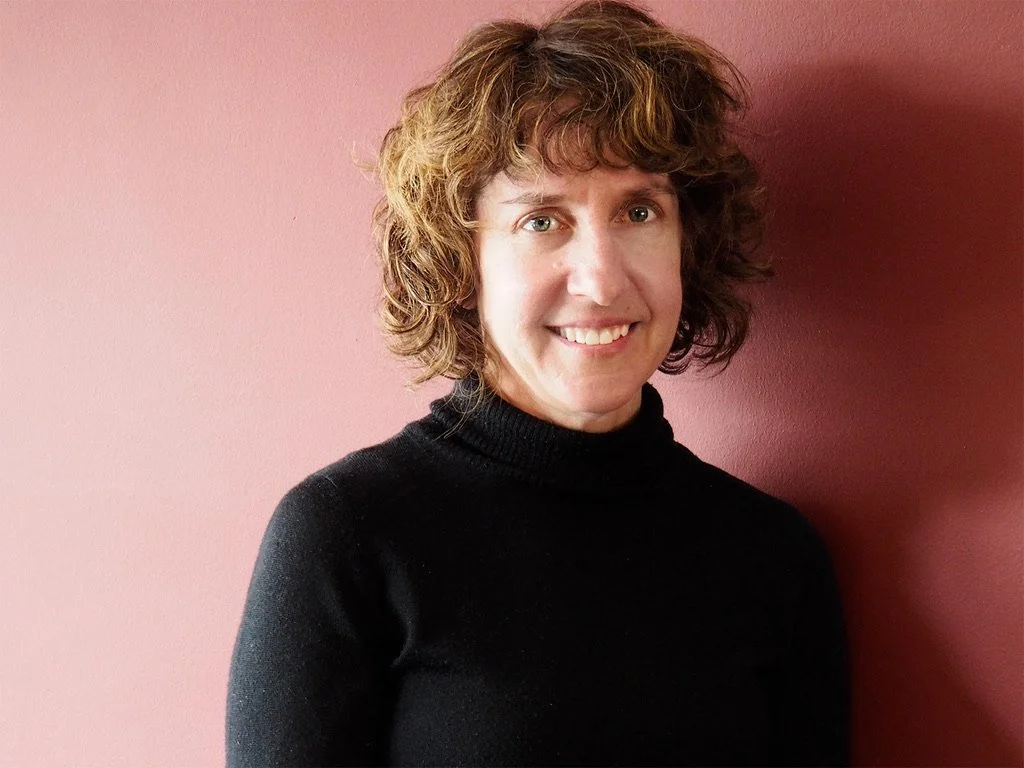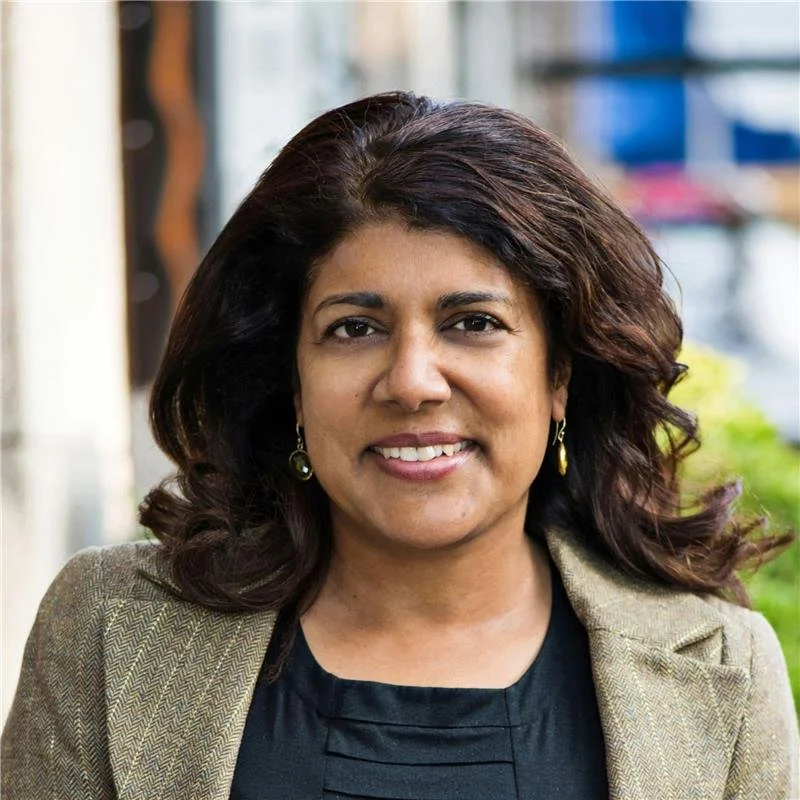Navigating the Poly-Crisis: Assessing the Health and Future of Science
Science today is simultaneously expanding at an unprecedented global scale and facing a growing set of interconnected challenges. This article examines the health of contemporary science in a world of poly-crisis — from internal incentive distortions and declining trust, to geopolitical pressures, access barriers, and the transformative impact of AI — and argues why strengthening science’s robustness and authority is essential to navigating global turmoil.
The Triple Helix of Modern Science Diplomacy: Where Science Meets Strategy
Science diplomacy is shifting from simply “building bridges” to creating results-focused partnerships that deliver near-term value. The article argues for “rewiring” science diplomacy to include non-state actors like technology companies, while still protecting incentives for basic science. It positions Frontiers Policy Labs as a space to rethink policy approaches in a world shaped by emerging technologies and calls for a more coherent mix of aspirational, pragmatic, and transactional diplomacy.
International Scientific Collaboration: Trust Building and Problem Solving
Barbara Koremenos argues that international scientific collaboration can build trust and help solve global problems, even amid geopolitical rivalry. Using stratospheric aerosol injection (SAI) as a case, she makes the ethical and strategic case for transparent, government-backed research—distinct from deployment—and points to the Antarctic Treaty system (and bodies like SCAR) as a model for credible, science-led governance. She stresses that inclusive participation, especially from the Global South, and clear communication are key to closing today’s trust gaps.
Have we finally come to the end of the frontier?
This article traces today’s tension around the post‑WWII “social contract” for publicly funded basic research (shaped by Vannevar Bush’s Science: The Endless Frontier). It argues the contract is straining as governments demand faster, more visible returns, even though long-run payoffs (like mRNA vaccines) show why basic research matters. It proposes updating the model through broader collaboration, clear outcome goals, and continued support for curiosity-driven research as essential, not optional.
Rethinking the social contract for science: the importance of questions
Ruth M. Morgan argues that trust between science and society depends on sustained, open dialogue. She highlights that knowledge is disruptive and uncertain, and that progress starts with asking better questions—especially in an era of misinformation.
What science is and how it is done will change
Frontiers Policy Labs explores how rapid technological change—especially AI—is reshaping how science is done and how it informs policy. The article argues that real breakthroughs on complex challenges will require multidisciplinary work, new frameworks, and a willingness to hold conflicting perspectives to see whole systems more clearly.
Key Takeaways from the WEF 2025 Emerging Technology Solutions for Planetary Health
Drawing on the World Economic Forum’s first technology report on planetary health, created in partnership with Frontiers, this COP30 panel highlighted key takeaways for deploying ten emerging solutions at scale. Panellists emphasised shifting from self-reported data to precise earth observation, investing in digital-twin diagnostics, and embedding policy, finance, and community co-creation to ensure equitable, real-world impact for restoring planetary systems.
Designing capability: institutions and the future of emerging compute
Emerging compute is redefining scientific sovereignty, and societies now face a pivotal moment to embed equity and public purpose into AI’s foundations, says Vilas Dhar, President of the Patrick J. McGovern Foundation.
From Science to Policy: the need for actionability
This article reflects on the role of Frontiers Policy Labs in bridging science and policy, highlighting the need to move beyond analysis toward actionable solutions for the environmental crisis. It emphasizes the inclusion of the private sector, social sciences, and humanities in addressing biodiversity loss, natural capital erosion, and structural societal challenges, advocating for collaborative, solution-oriented approaches that go beyond technocratic or purely technological interventions.
Plastic pollution in a warming world: a multi-level approach to addressing twin crises
Tackling plastic pollution through coordinated action across global, national, and local levels is both an environmental imperative and a climate solution, essential to safeguarding ocean and planetary health, argues Anja Brandon, Director of Plastic Policy for the Ocean Conservancy.
Artificial intelligence and the future of consciousness science: ethical and policy reflections
The convergence of AI and consciousness science demands anticipatory, globally inclusive governance to promote ethical progress and address issues of neuroprivacy, bias, and equity, say Marcello Ienca, Joseph Fins, and Debra Mathews of the International Neuroethics Society.
Science and science advice: a defining moment?
Science and science advice: a defining moment? explores the evolving role of science and scientists in policymaking amid societal complexity, polarization, and uncertainty. It highlights challenges in trust between society, governments, and research institutions, and considers how science advice can remain effective, inclusive, and evidence-based. The article emphasizes collective intelligence, the role of honest brokers, and the importance of iterative, context-sensitive approaches to navigating complex policy landscapes.
Strengthening the International Ecosystem for Scientific Advice
Strengthening the International Ecosystem for Scientific Advice examines the growing global and European efforts to build more coordinated, resilient, and inclusive science-for-policy systems. Drawing on recent initiatives by INGSA, the European Commission, and national advisory communities, the article outlines the opportunities and challenges of linking diverse advisory structures, reducing fragmentation, and enhancing institutional capacity for evidence-informed policymaking. It highlights the importance of connectivity, mutual learning, and principled approaches to scientific advice—especially in a period marked by geopolitical uncertainty, technological transformation, and complex societal challenges.
Science advice in challenging settings: is Europe backsliding?
Science advice in challenging settings is an increasingly relevant issue and there is value in ‘slow conversation’ to explore the challenges and co-create paths forward. This series aims to address some of the recent challenges that emerged in conversations that have taken place through the INGSA Europe community. We invite contributions to this ‘slow conversation’ to explore more deeply how science advice can be effective today and lay evidence based foundations for the future that is being created.
Five Years of the Frontiers Policy Labs: Still a Long Way to Go
Five years after its launch in November 2020, the Frontiers Policy Labs has grown into a global initiative connecting thousands of readers and contributors worldwide. Born out of the COVID-19 crisis, the Labs explore how open science can inform policymaking, addressing challenges from pandemic responses to sustainability, AI, and biotechnology. Guided by the principle of rethinking the world with science, the Labs aim to develop evidence-based policies for a rapidly changing world, where old frameworks no longer suffice. Looking ahead, priorities include ensuring a healthy planet, responsibly guiding AI and biotechnology, and addressing global security. To support this mission, the new Science House initiative will bring together leaders from science, policy, and industry at the 2026 World Economic Forum. As JCB notes, “Our first five years were just the beginning… we still have a long way to go.”
Key Takeaways from the WEF 2025 Top 10 Emerging Technologies
The Top 10 Emerging Technologies of 2025 report, published by the World Economic Forum in collaboration with Frontiers, highlights breakthrough innovations shaping the future of energy, information technology, and sustainability. During a panel discussion focused on the report, experts explored how fusion energy, green chemistry, and next-generation sensing systems are advancing from research to real-world impact. Key themes included AI as a cross-cutting enabler, the centrality of energy to global transformation, and the need for patient capital and societal readiness to scale these technologies.
Precision cardiovascular medicine: a time for global health leadership
Cardiovascular health for all demands national action plans that integrate precision approaches based on globally representative research—enabled by leadership committed to equitable access and context-relevant implementation, says Prof Amam Mbakwem, World Heart Federation, Nigeria.
Regulating right: hybrid alternative proteins and the role of regulatory sandboxes
Hybrid proteins face complex regulatory hurdles, and regulatory sandboxes could help balance safety, innovation, and consumer acceptance on their path to market, say Dr Alessandro Monaco and Prof Kai Purnhagen (University of Bayreuth, Germany)
Hybrid alternative proteins: policy frontiers for sustainable food systems
Scaling hybrid proteins requires supportive policy and financing frameworks to reduce the hidden costs of the global food system while strengthening sustainability, resilience, and food security, says Dr Helena Wright (FAIRR Initiative, London, UK).
Solar geoengineering: growing scientific and political support for a non-use agreement
A growing number of Global South governments and academics are now calling for an international non-use agreement on solar geoengineering, says Prof Aarti Gupta of Wageningen University, the Netherlands.



















